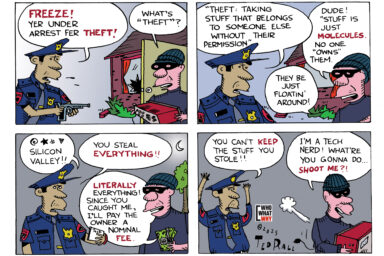The jury is still out on whether cell phones cause cancer and how harmful they are to kids. But we already know that they can kill you when used in any way while driving.
Do you play with your phone while driving?
If so, then you’re lucky to be alive. Here are some scary facts that demonstrate the risk you take, and some are quite surprising:
-
- The National Safety Council says 25 percent of all crashes in the US are attributable to cell phone use.
- The risk of a collision by drivers using their cell phones is four times higher than those who do not.
- Remarkably, it does not matter whether you use a handheld, or a hands-free device.
- Those who used their cell phones while driving, “regardless of whether or not they were using hands-free or handheld devices, showed greater levels of driver impairment than did the drivers who were intoxicated by alcohol,” according to one big study
What’s surprising is the fact that you’re a hazard to yourself and others, even if you’re not texting or reading. Even if you’re looking straight ahead at the highway, and not holding the phone while having a conversation. You need only to be listening to it.
And here’s a strange thing: No matter how clear the voice, no matter how simple the sentence, you are more distracted when listening to a person on the phone than to someone right in the car with you.
In the graphic below, you can actually see the results of distracting talk on an MRI scan of the brain:

Here are two striking images of the visual center in the back of the head — the part you need for safe driving. The red areas in each picture show the degree to which that part of the brain is activated. As you can see, the one on the left shows a high degree of stimulation. That’s because it’s focused on one activity — driving.
The image on the right shows what happens to the brain when it is forced to divide its attention between driving and just listening to a simple sentence. It’s as if the light dims in the visual center as the focus shifts to the sides and front of the brain (not shown) where listening and language processing take place.
How do airport control tower operators cope with potentially life-threatening distractions? Watch the video presented below and find out. Dr. Paul Atchley — an expert in translational cognitive science — explains all of the above in a lively talk that includes his creative antidote to the hazards of cell phones and other aspects of modern life in general.
Distraction Is Literally Killing Us (21:28)
Related front page panorama photo credit: Adapted by WhoWhatWhy from soeren heuer / Flickr (CC BY-SA 2.0).



